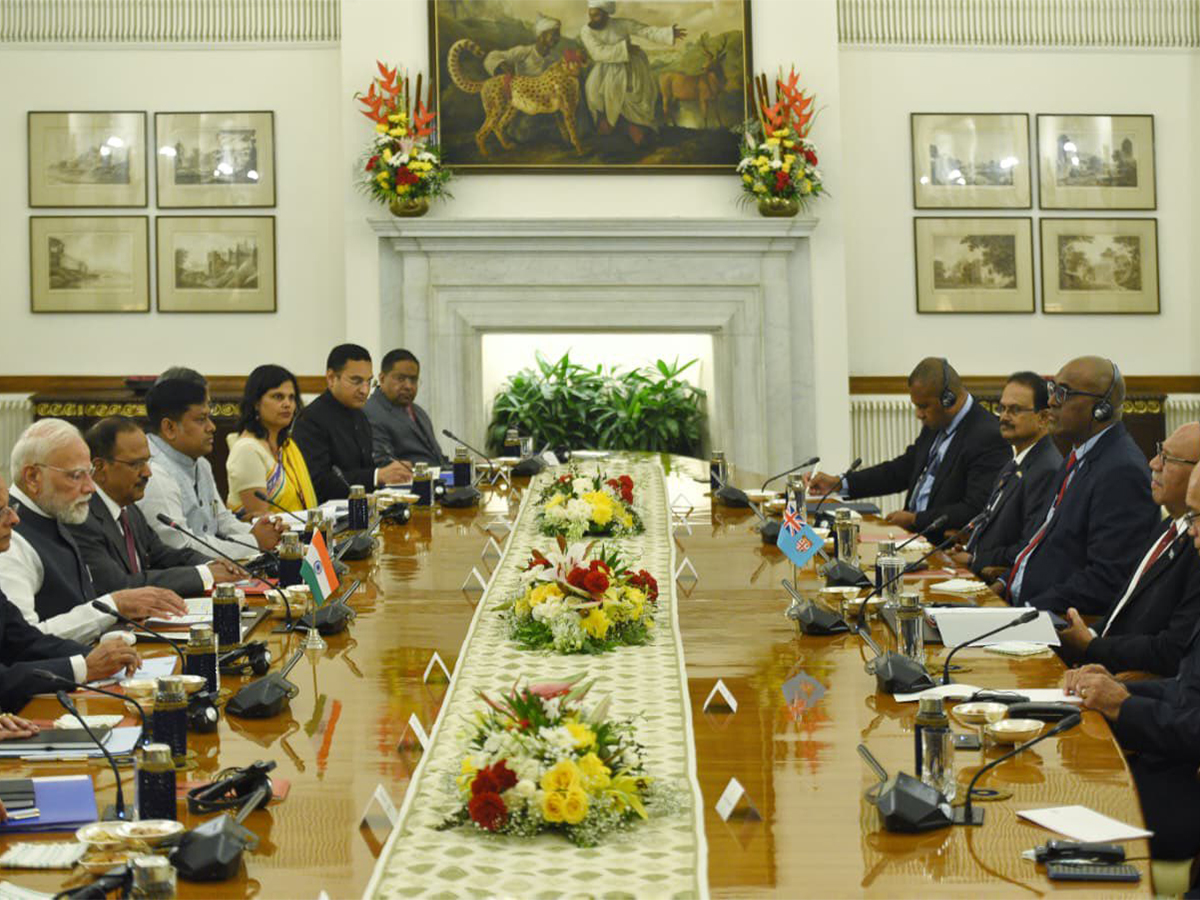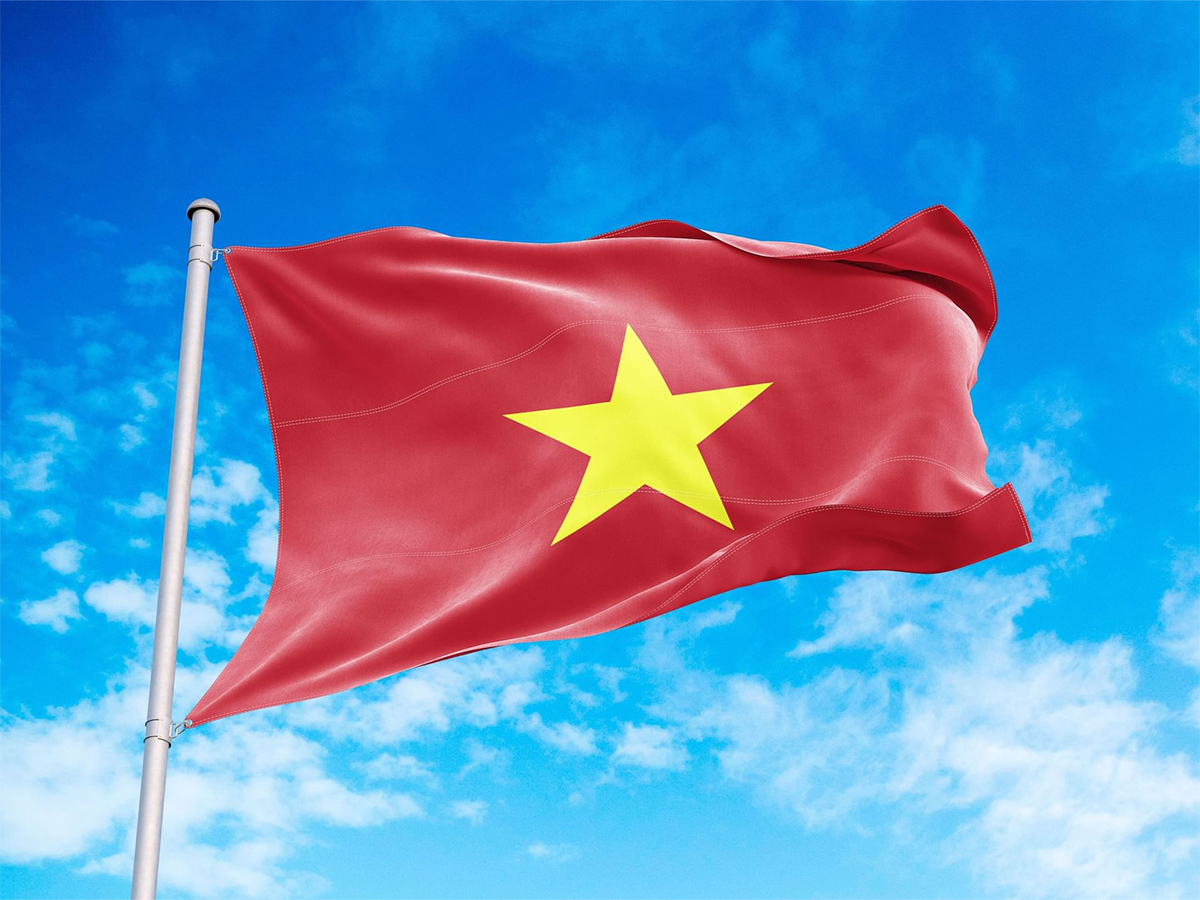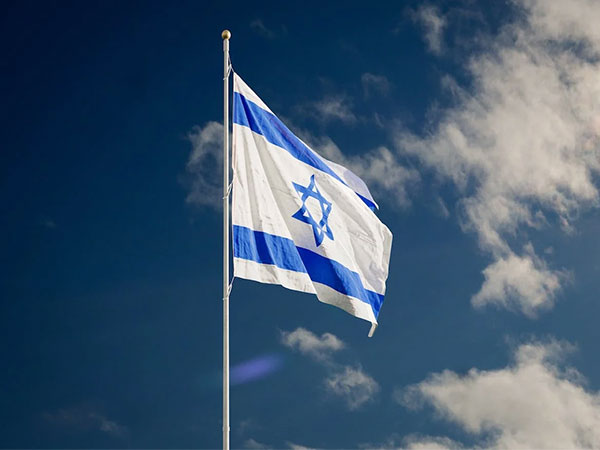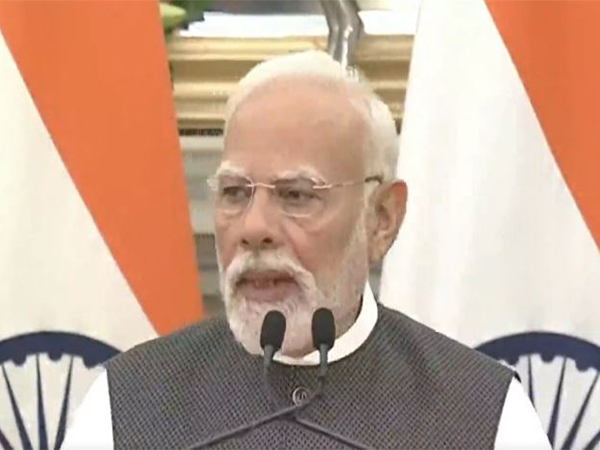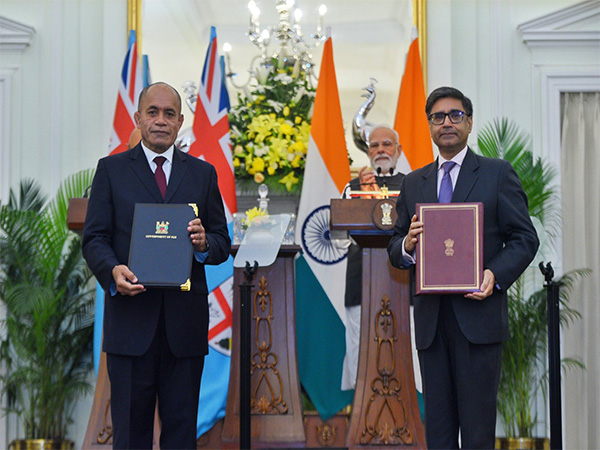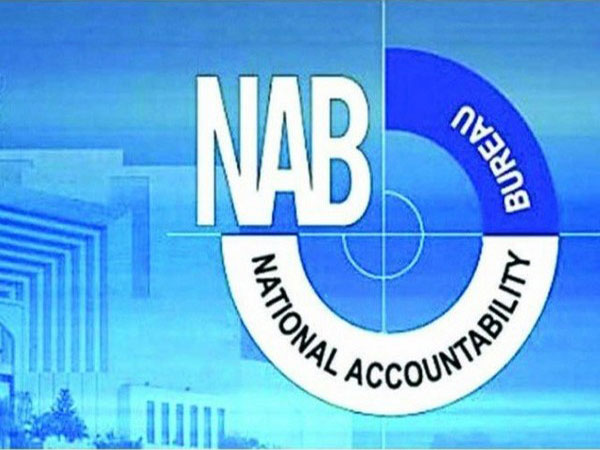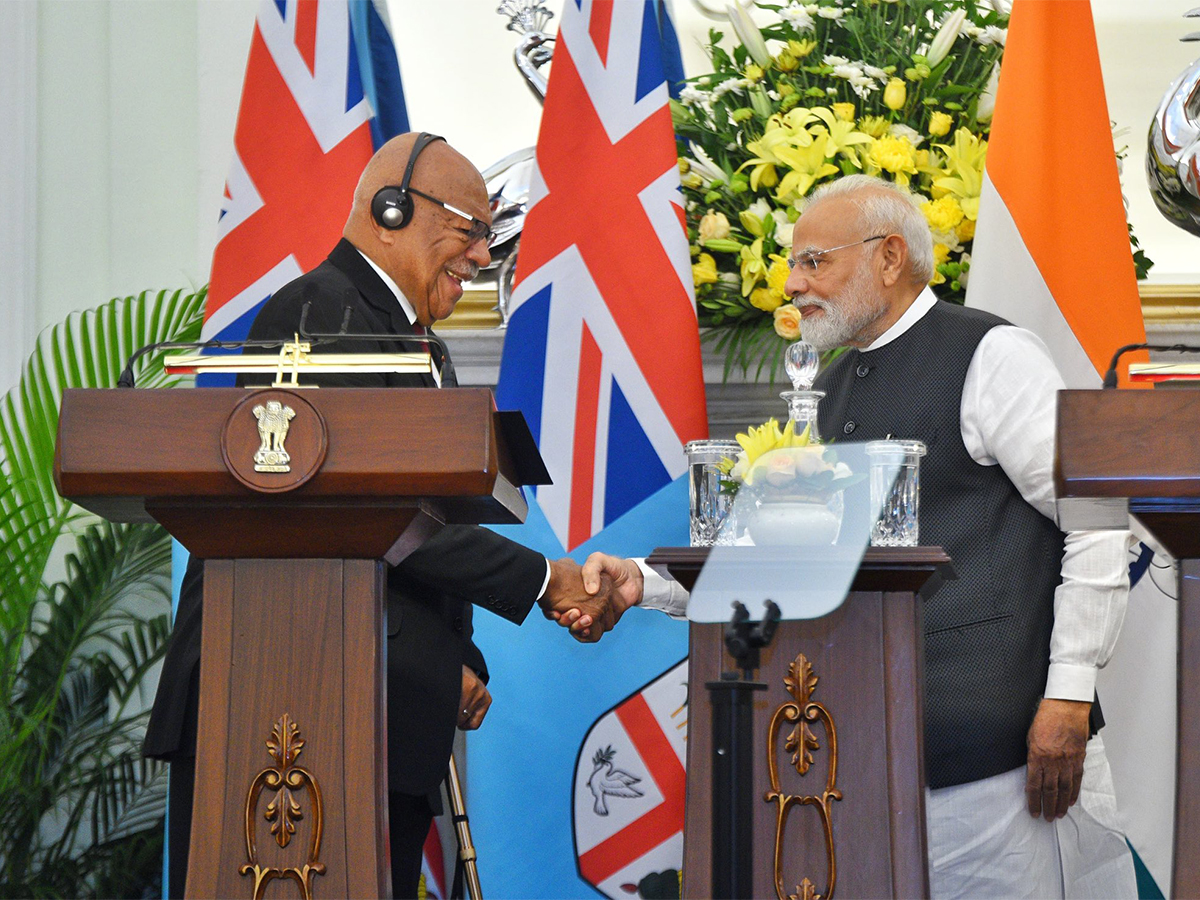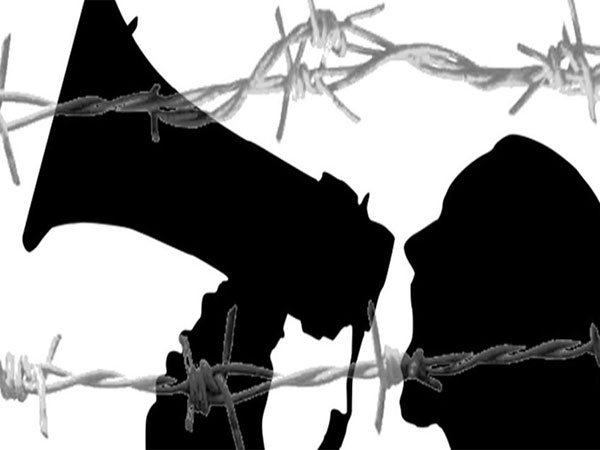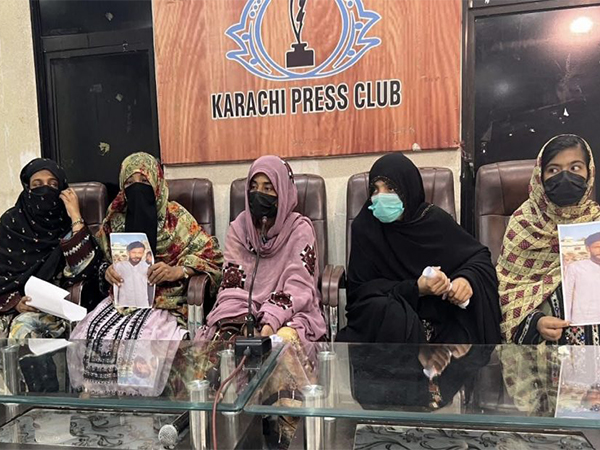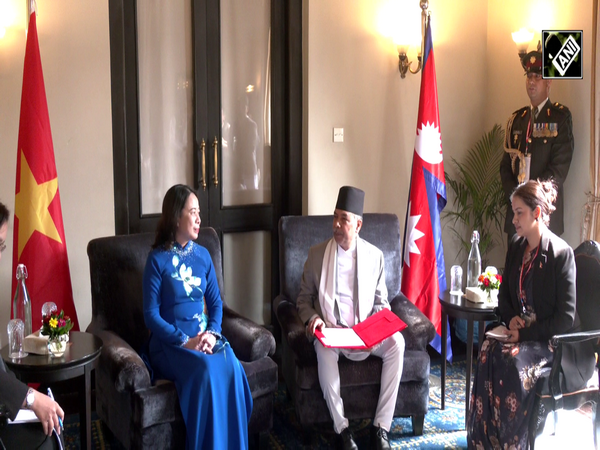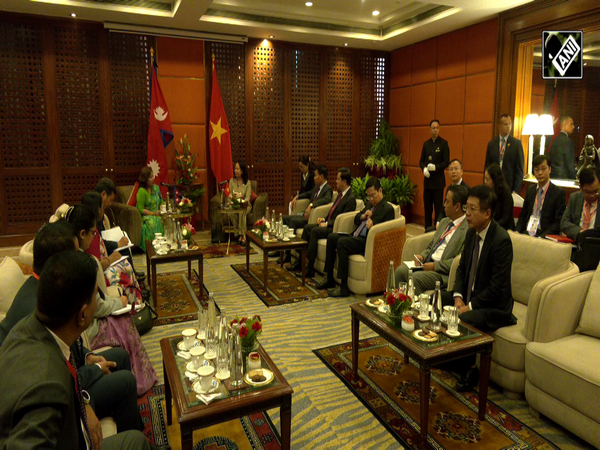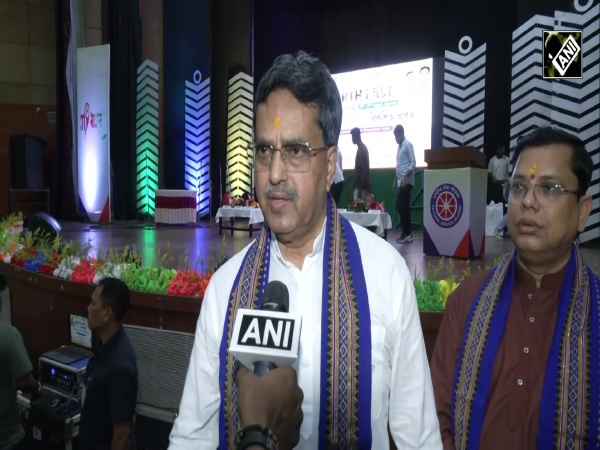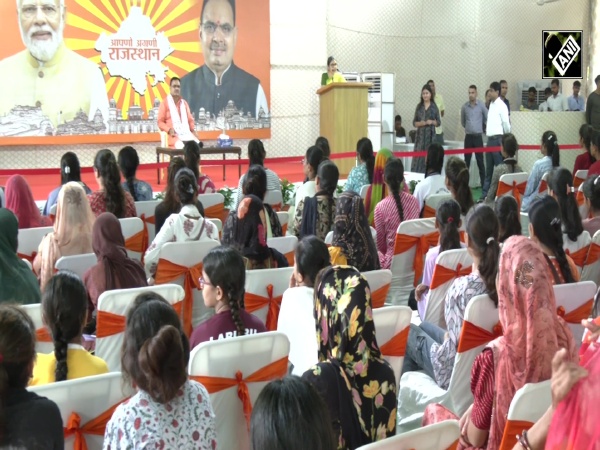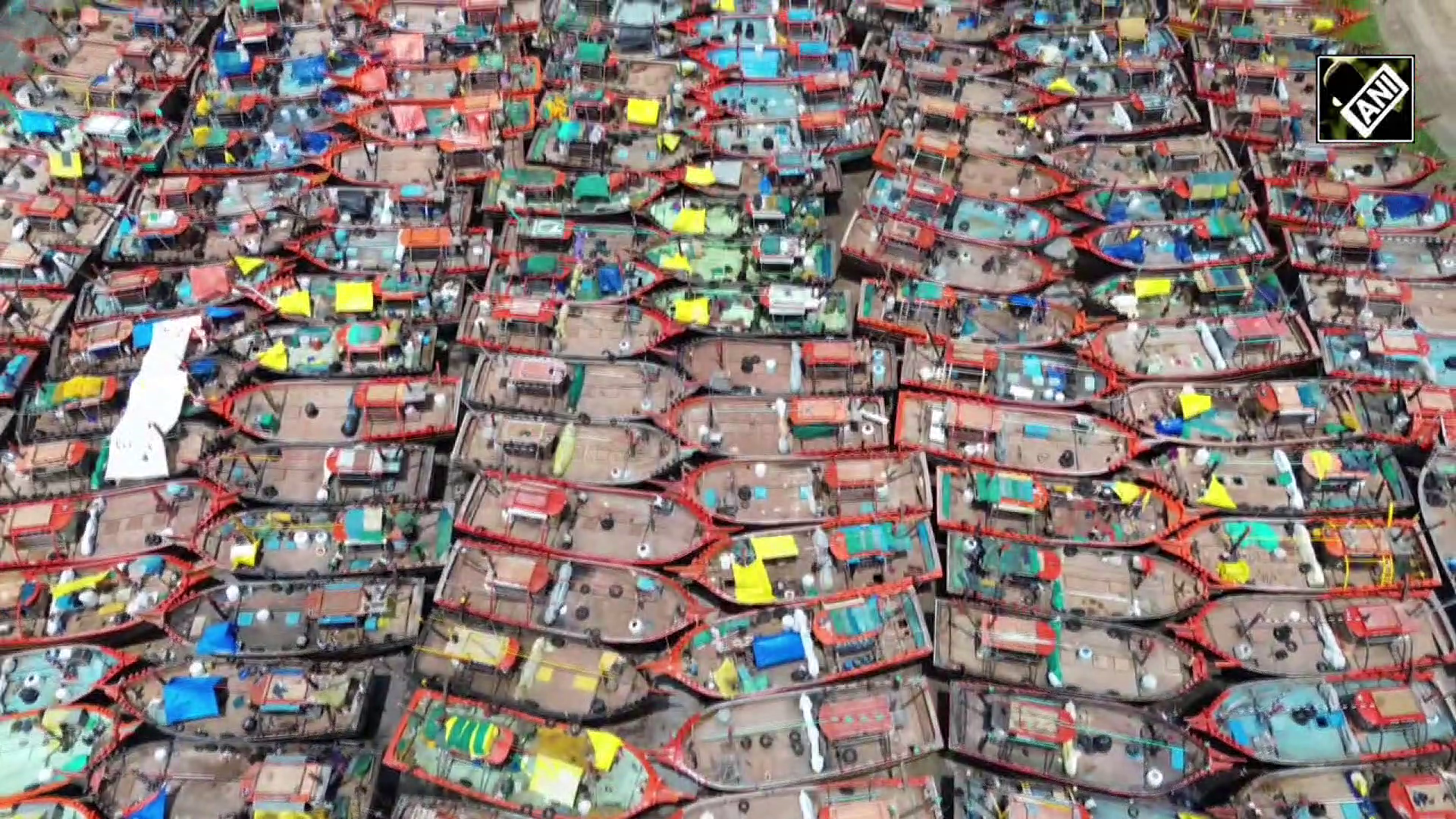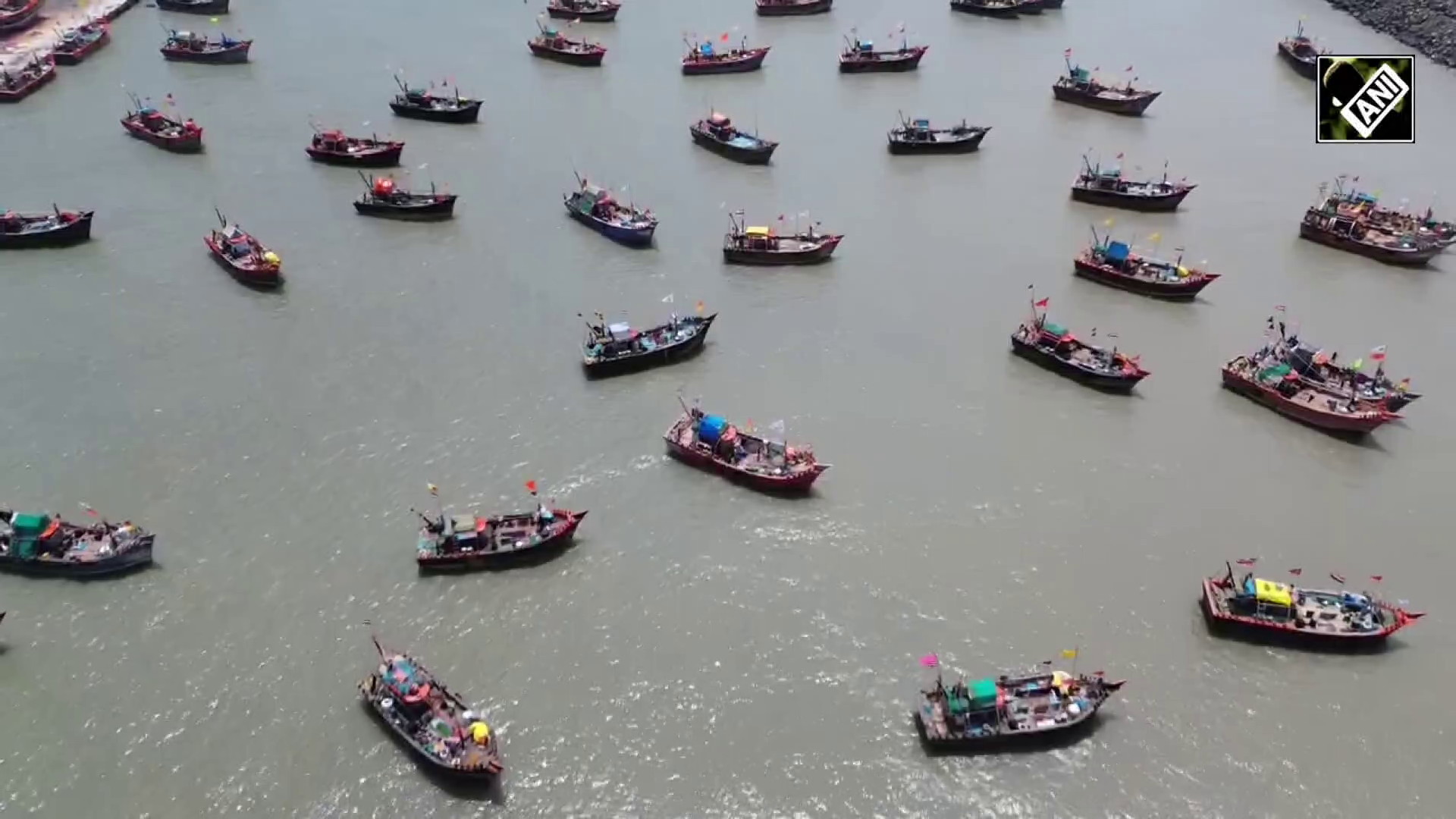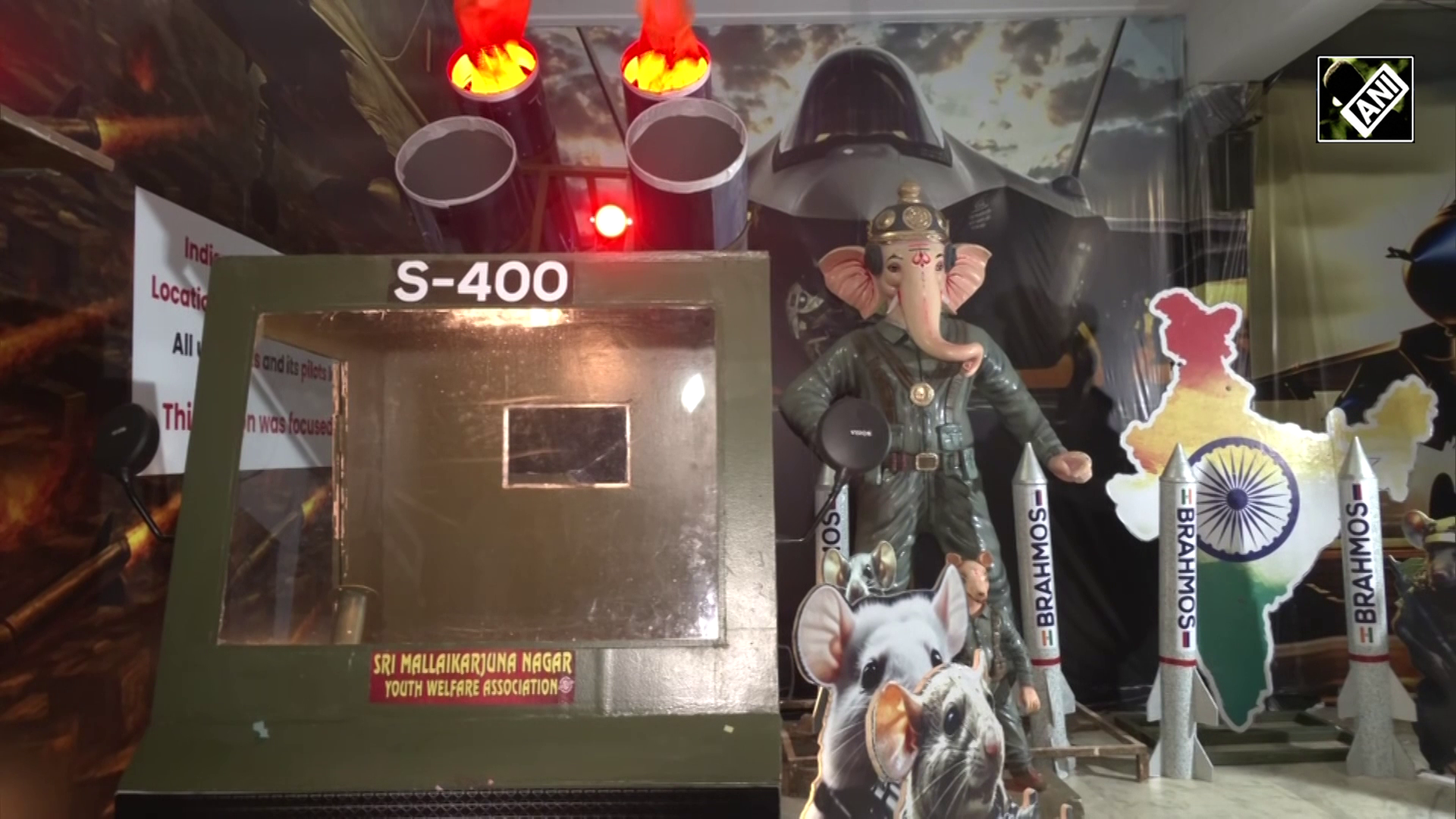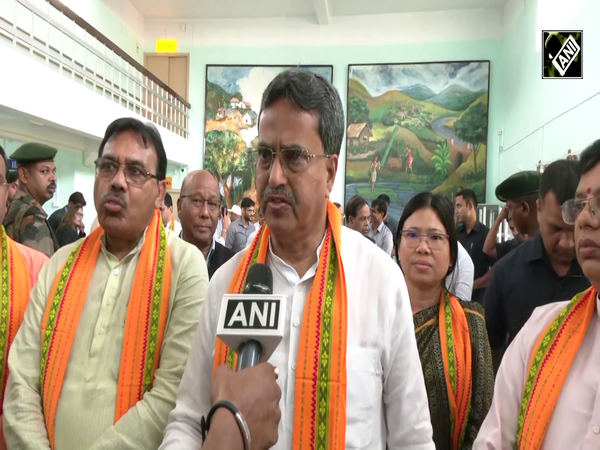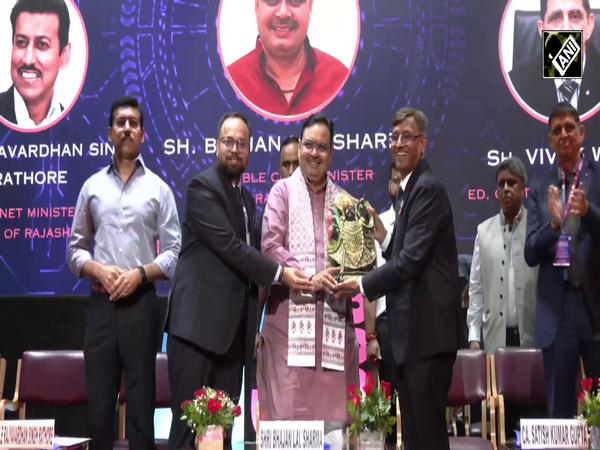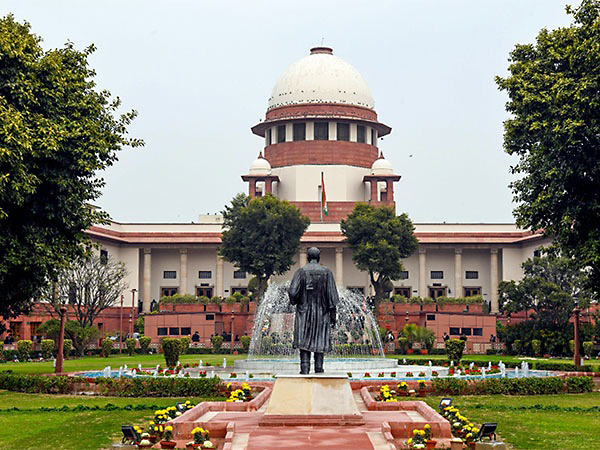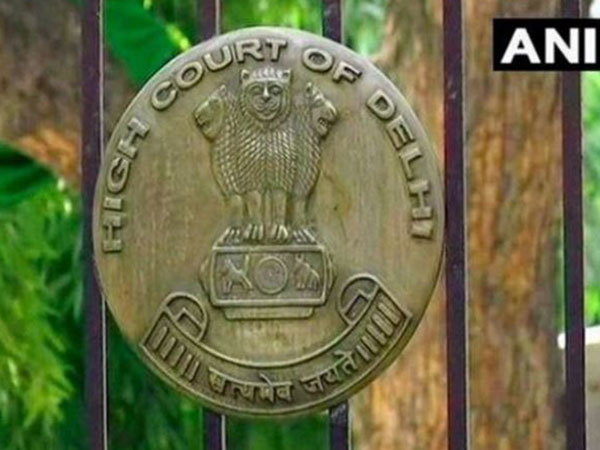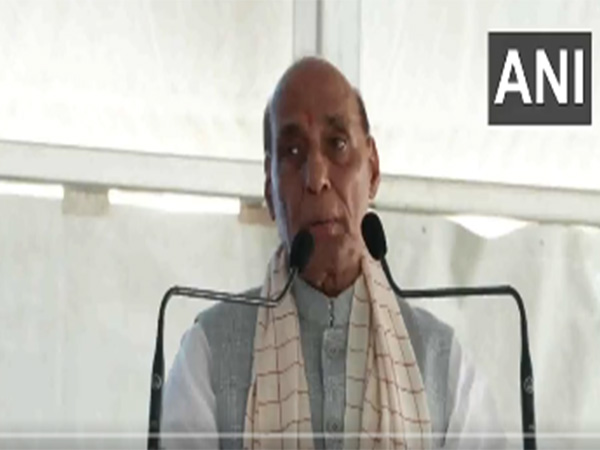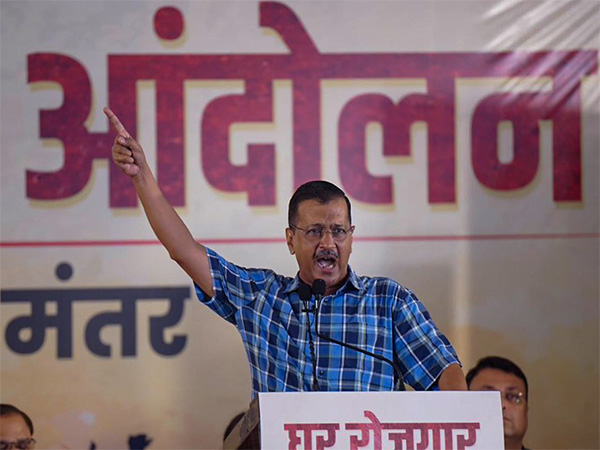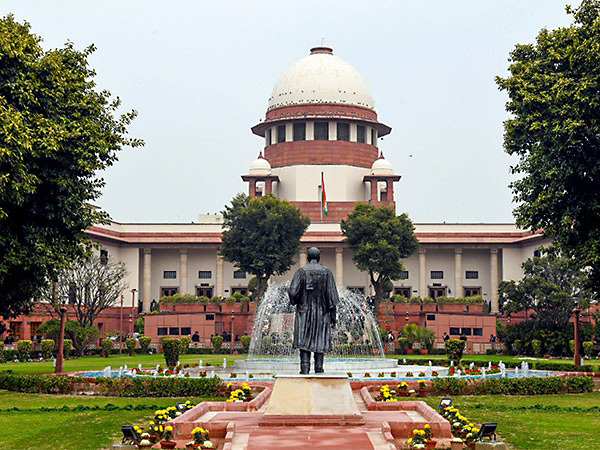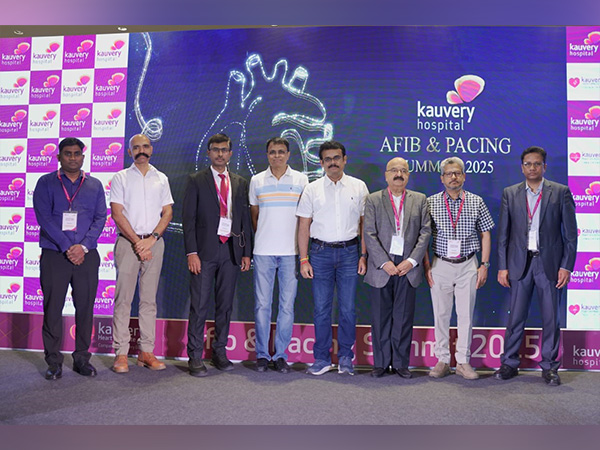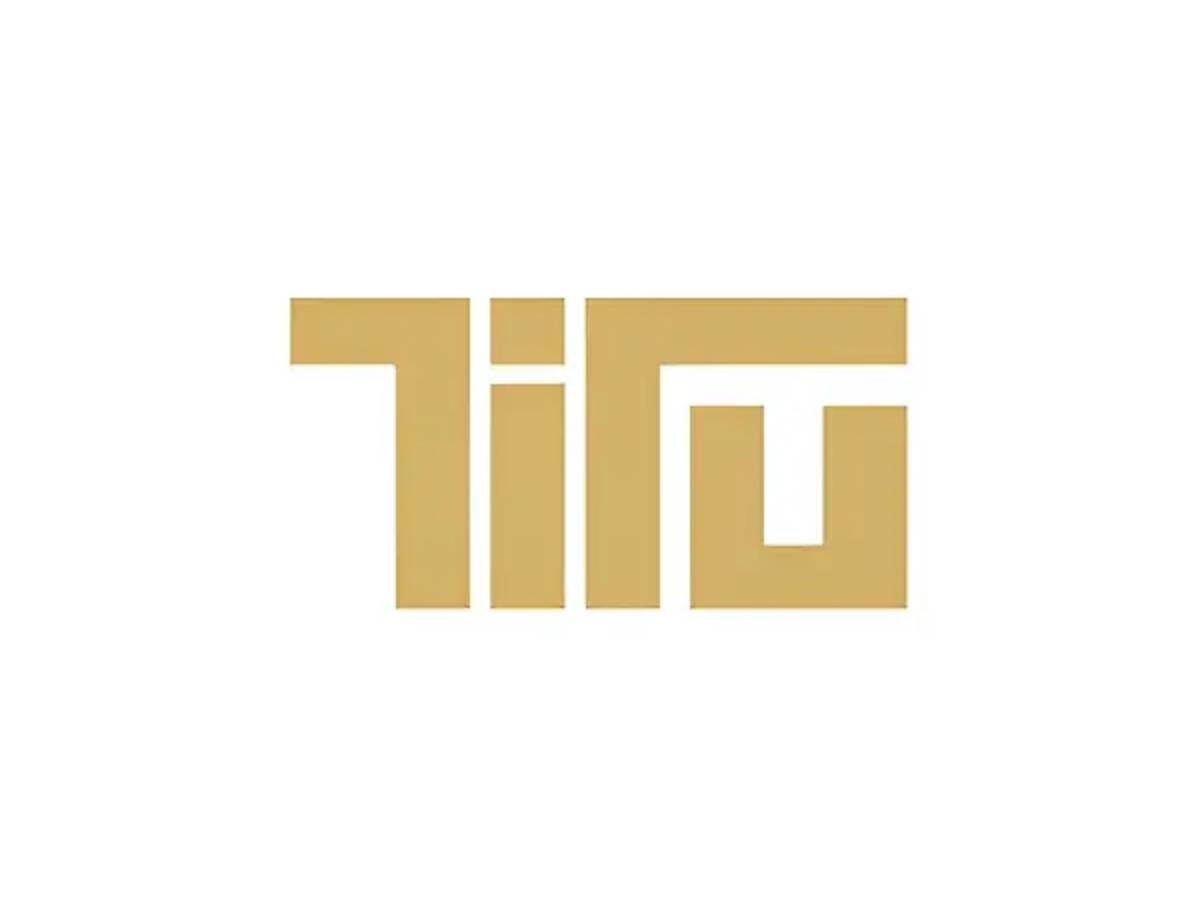
"India will have to navigate very cautiously": JNU Academician weighs in on Israel-Iran conflict
Jun 23, 2025
New Delhi [India], June 23 : As tensions escalate between Israel and Iran following US airstrikes on Iranian nuclear facilities, India's approach to the conflict has come under scrutiny. Professor Aswini Kumar Mohapatra, former Dean of the School of International Studies at Jawaharlal Nehru University, shared his insights on how India can navigate this complex situation.
Speaking to ANI, Professor Aswini Kumar Mohapatra emphasised that India must proceed cautiously, avoiding hasty decisions while maintaining a balanced foreign policy. He suggested that India can play a role by encouraging Israel and Iran to engage in dialogue, promoting a negotiated settlement.
"We have to wait and watch and wait for some time, and subsequently, at the appropriate international forum, India has to make its position quite clear towards a peaceful settlement, more towards international efforts being focused on establishing a semblance of peace and stability in the region," Mohapatra told ANI.
He noted that these actions benefit India, as we have big plans, such as the India-Middle East Economic Corridor, and productive economic relations.
The IMEC faces risks from the conflict, which threatens its progress and impacts bilateral trade and regional economic dynamics. Furthermore, shipping disruptions in the Red Sea and surrounding waters could cause delays, higher shipping costs, and instability in global trade routes.
He underscored, "Rather than being entangled in the regional conflict...we can look forward to some kind of semblance of peace and stability in the region" to contain the conflicts in the region and prevent their explosion or expansion."
The conflict could challenge global oil markets, impacting India's energy security. Mohapatra suggested that these challenges are possible but will depend on how the situation unfolds.
Since the war began on June 13, global Brent crude prices have risen by around 11 per cent, from levels of $67.34 per barrel on June 12 to around $74.6 per barrel on Tuesday. This is a significant spike, and several global financial firms are projecting that oil could cross $100 per barrel in case the crisis continues and worsens.
On being asked whether India can be a mediator in the Israel-Iran conflict, Professor Mohapatra told ANI that it is possible; however, India may not act alone as a mediator but also be joined by other neutral partners such as the European Union for mediation.
The Israel-Iran conflict triggered serious concern among major stakeholders in the region, including India. For India, which imports nearly 2 million barrels of oil daily through the crucial Strait of Hormuz, any instability would mean supply shortages, spiralling energy costs, rising inflation, and constraints on economic growth.
India is highly vulnerable to global oil price volatility; a sustained surge from regional conflict could trigger higher inflation, strain the fiscal balance, slow economic growth, and shift investor sentiment towards bonds and gold, as reflected in weaker Sensex and Nifty openings.
India's key connectivity projects, such as the Chabahar port in Iran, which links it to Afghanistan and Central Asia, could be affected by regional turmoil and International North South Transport Corridor, which Russia, India, and Iran initiated, is a multi-modal transportation project linking the Indian Ocean and Persian Gulf to the Caspian Sea via Iran, and onward to northern Europe via St Petersburg in Russia. This corridor aims to reduce transit times to about 25 days -- 20 days fewer than the Suez Canal route -- and cut freight costs by 30 per cent.
The INSTC envisages the movement of goods from Mumbai to Bandar Abbas in Iran by sea; from Bandar Abbas to Bandar-e-Anzali, an Iranian port on the Caspian Sea, by road; from Bandar-e-Anzali to Astrakhan, a Caspian port in the Russian Federation by ship across the Caspian Sea; and onward to other parts of the Russian Federation and Europe by rail.
India has built robust relations with Israel, especially in defence, technology, and innovation areas. However, as tensions escalate, India could find itself challenged, facing pressure to take sides -- an outcome it would prefer to avoid. A worsening Israel-Iran conflict risks disrupting India's delicate diplomatic balance, which it has effectively maintained over the past decade with Israel, Iran, and the Gulf Arab nations.
Indian Ministry of External Affairs spokesperson Randhir Jaiswal on Friday urged both Israel and Iran "to avoid any escalatory steps," saying India has "close and friendly" relations with the two nations.
Bringing to attention how the US President, despite giving a 2 week window, saw the launch of aerial strikes on Iranian nuclear sites in two days' time, Mohapatra said, "Let's wait for the things to cool down and then I see the prospect of India's involvement along with other countries, because India's mediation will be acceptable to both the parties, Israel as well as Iran."
Mohapatra noted that while India could act as a mediator, it might be more effective to do so alongside neutral partners like the European Union and proposed that India could work with other countries or groups, such as BRICS, the UN Security Council, or the US, China, and Russia, to facilitate a peaceful resolution.
"It could be the involvement of BRICS, European countries, the United Nations Security Council, or the leading countries in the world- China, Russia, India, together, all kinds of formations. I see that it does exist in the realm of possibilities."
His remarks came against the backdrop of the US launching an attack on three Nuclear sites in Iran. US Defence Secretary Pete Hegseth confirmed the success of the operation launched by the US in Iran on Sunday.
Operation Midnight Hammer targeted three key nuclear sites in Fordow, Natanz, and Isfahan in Iran.
